Economics
Latest in Economics
Discover the most recent articles in this category

2025-12-18 18:00:57.698 • by
Amy Ivanov
A government report indicated an unexpected cooling of inflation in November, with the CPI rising 2.7%. However, economists are highly skeptical, citing data distortions and delays caused by a federal shutdown. Most Americans continue to face high costs, while President Trump's tariffs are noted for contributing to persistent price pressures.

2025-08-16 00:00:21.477 • by
Abigail Isaacson
The impact of Trump-era tariffs on the US wine industry, highlighting the reliance on imported goods and the challenges faced by small producers.
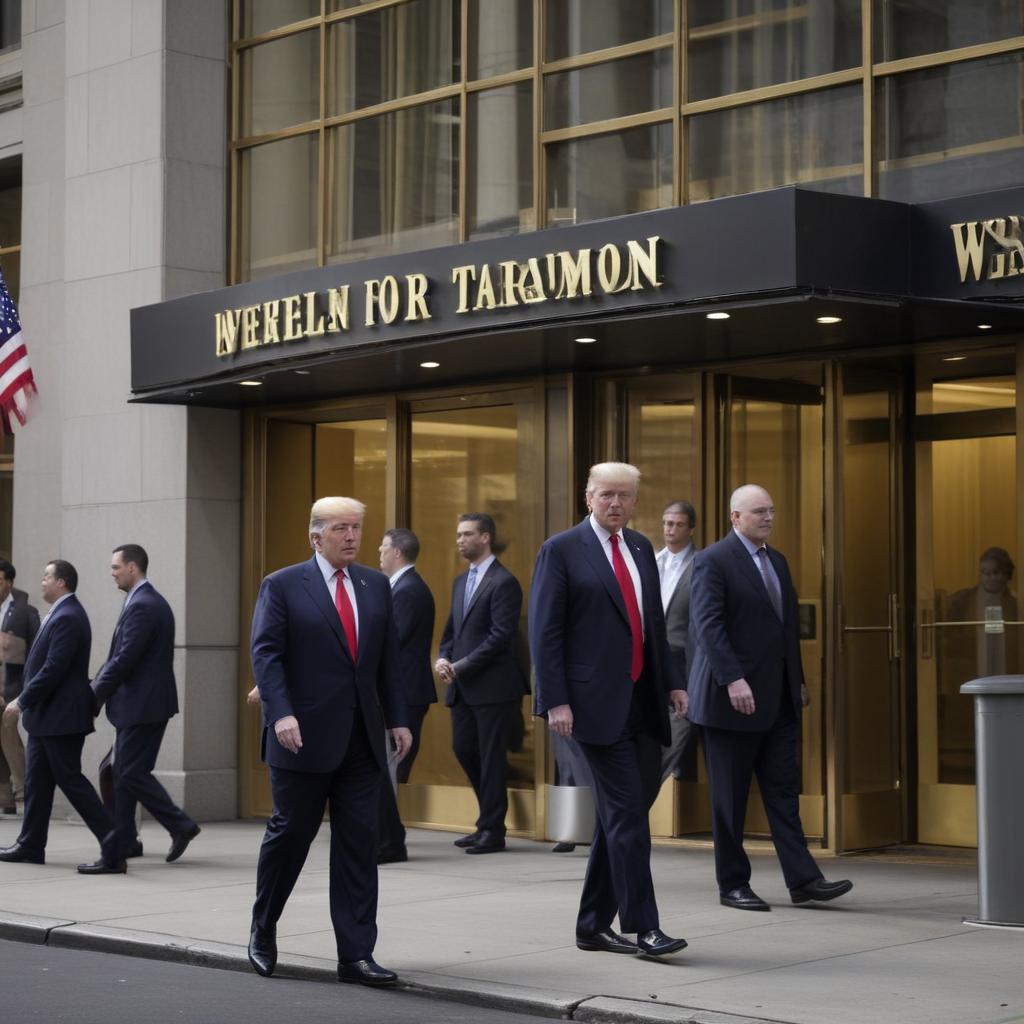
2025-08-01 18:00:42.395 • by
Abigail Isaacson
A shocking new jobs report reveals a sharp slowdown in hiring, leaving economists fearing the worst for the US economy under President Trump's trade policies.

2025-05-12 18:01:21.167 • by
Alan Iverson
Unexpected de-escalation in US-China trade tensions sends US stocks surging, potentially averting a recession. Tariffs slashed, and a mechanism to prevent future escalation is in place.
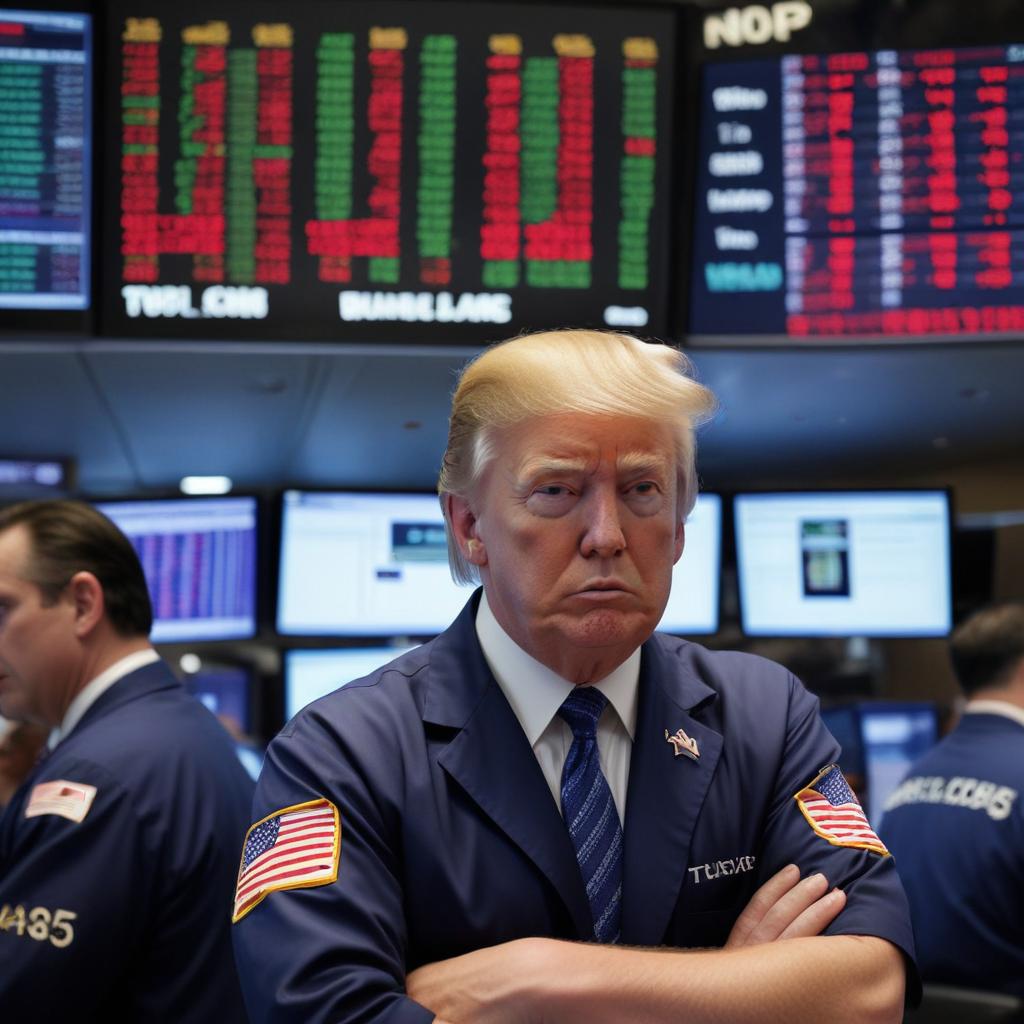
2025-04-08 00:00:16.624 • by
Aaron Irving
Global markets plunged into chaos as Trump's new tariffs sparked a sell-off, sending Wall Street into a rollercoaster ride and prompting warnings of a recession.
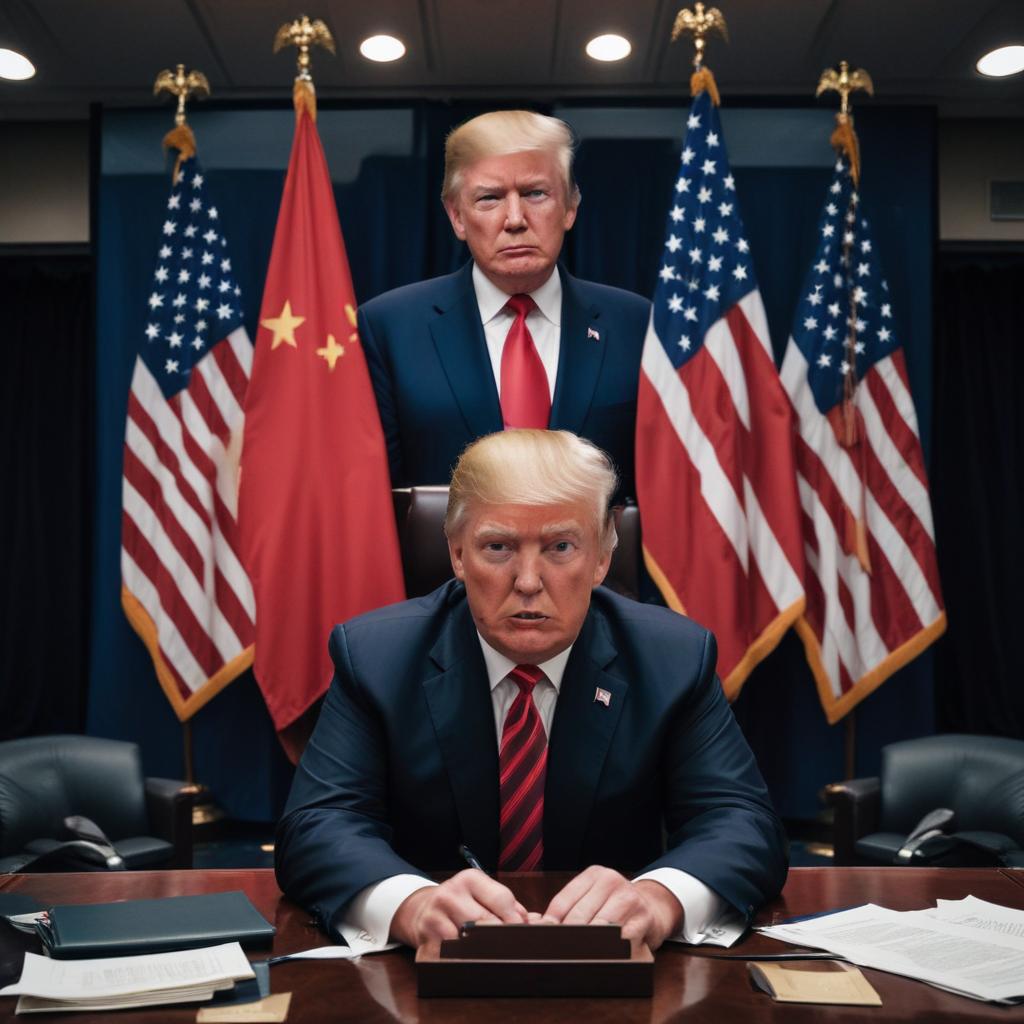
2025-04-04 00:00:21.501 • by
Amir Izad
President Trump's sweeping new tariffs on imports have sent global markets into a tailspin, sparking fears of a global trade war and US recession.
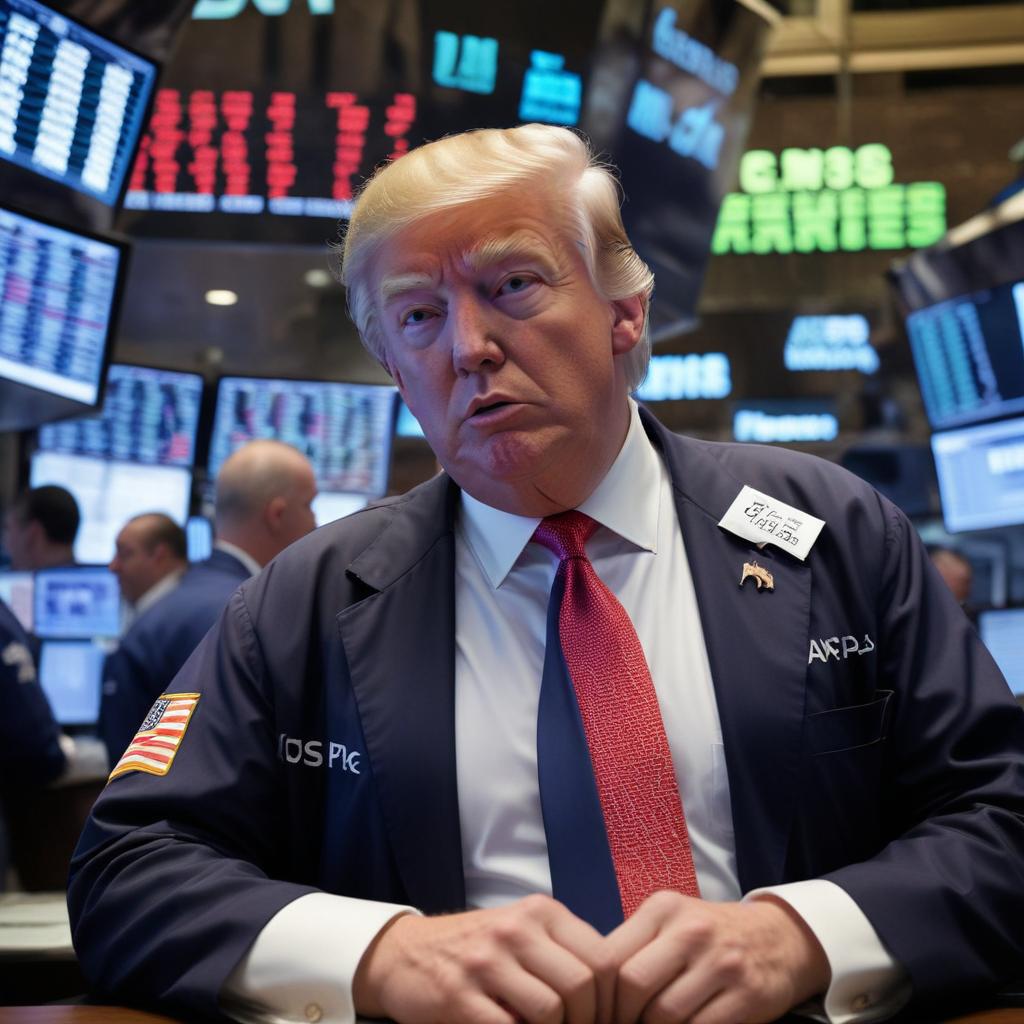
2025-04-04 00:00:21.498 • by
Amy Ivanov
The US stock market plummeted after Trump announced sweeping tariffs, sparking fears of a global economic slowdown. Economists warn of devastating consequences, but Trump remains defiant.
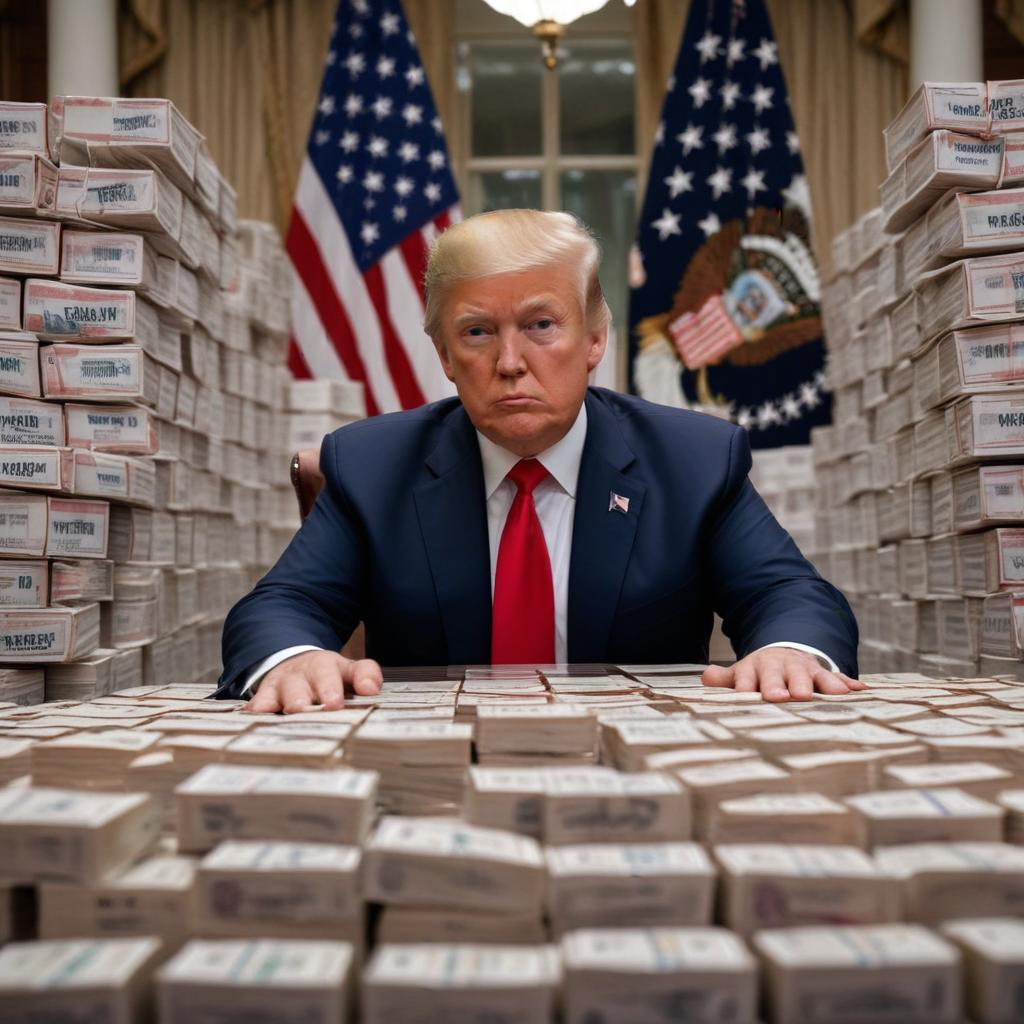
2025-04-03 06:00:55.867 • by
Aaron Irving
President Trump unleashes historic global tariffs, sparking fears of recession and market chaos. China, the EU, and other allies face steep taxes, prompting retaliatory threats.
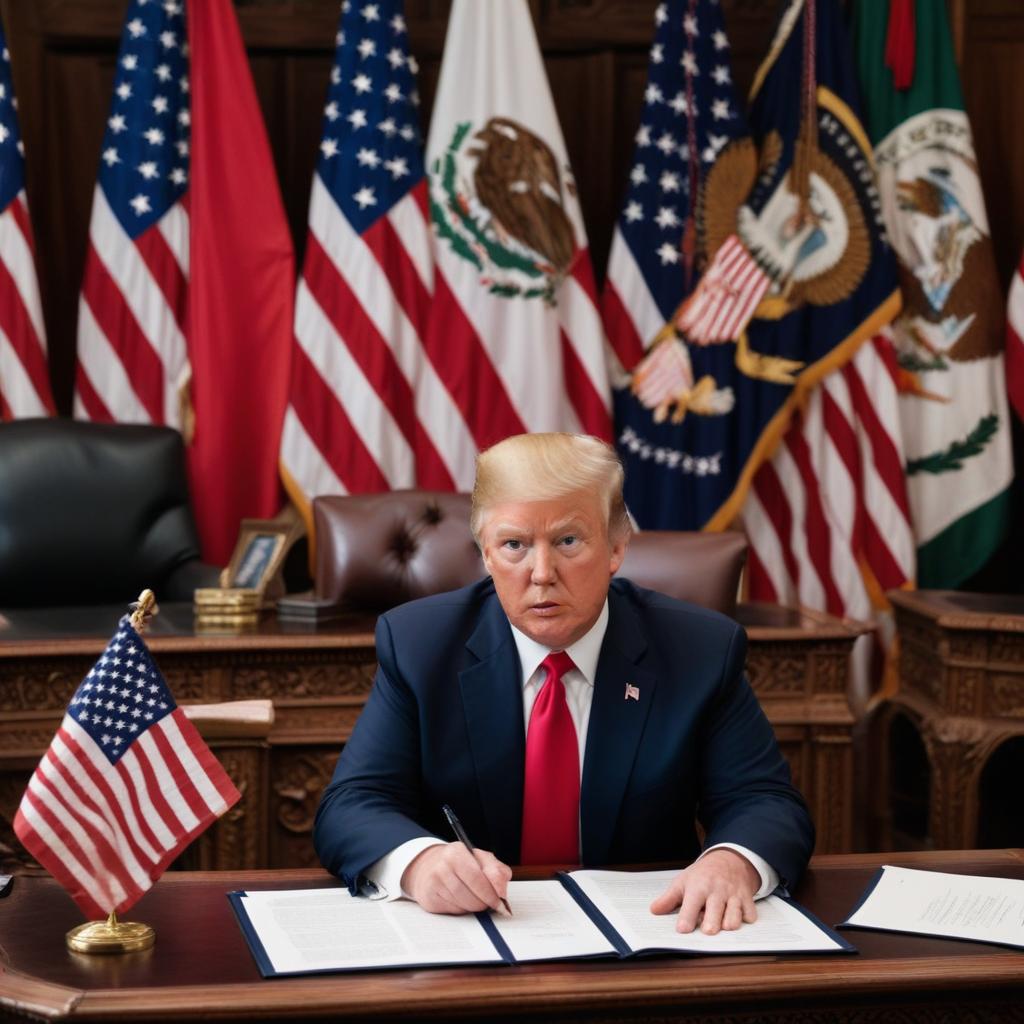
2025-04-02 18:01:53.825 • by
Andrew Ismail
President Trump is about to unleash a sweeping tariff plan that could send the US economy into a tailspin. Economists warn of recession, inflation, and job losses, while businesses brace for impact. Will this be a 'Liberation Day' or a disaster?

2025-03-04 22:36:21.947 • by
Adam Israel
New tariffs on goods from China, Mexico, and Canada are causing a massive price surge on a wide range of products, impacting consumers across the board.















